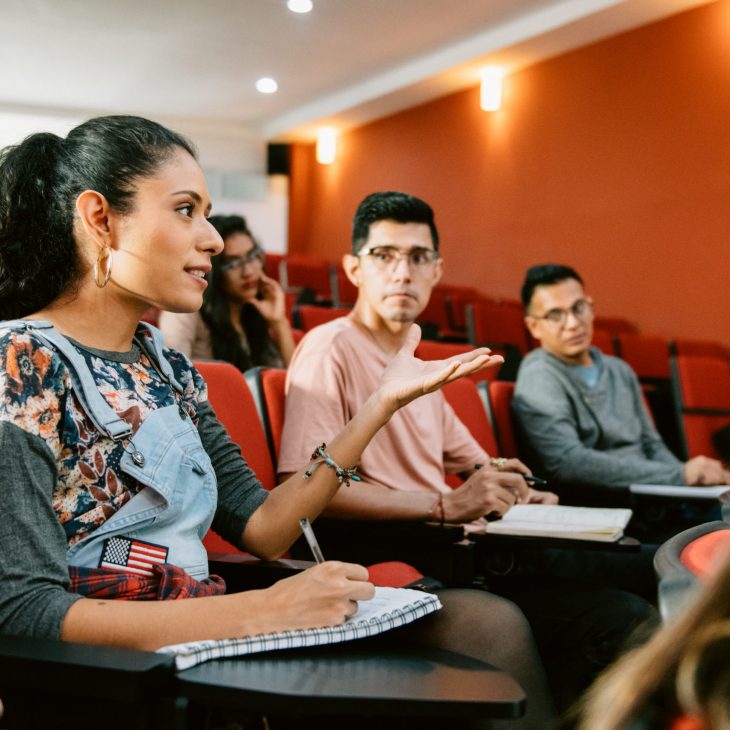Interfaith Resources to Navigate Religious Differences on College Campus
February 9, 2023

On January 31, Interfaith America hosted a public conversation, “Art, Religion, and Academic Freedom: Lessons from the Hamline/Prophet Muhammad Controversy.”
A group of expert panelists advised on ways any professional on any campus can be prepared to productively lead what Middlebury College President Laurie Patton calls “civic spaces” from colleges to communities: When is it appropriate to make blanket statements about religion? What is the balance between academic freedom and respect for students’ religious views? And how do we prepare religiously diverse institutions for “eruptive civil spaces,” spaces in which conflicts about religion are inevitably going to occur?
Interfaith America Founder and President Eboo Patel convened a distinguished panel of educators that included Patton; Maria Dixon Hall, Chief Diversity Officer and Associate Professor of Organizational Communication at Southern Methodist University; and Omid Safi, professor of Islamic Studies at Duke University, to address some of these questions, as well as the inevitable conflicts that will emerge in a religiously diverse democracy.
Share
Related Articles
There is no easy answer to these questions and, indeed, it is important for colleges and universities to think deeply and together about how they would approach these issues and create a thoughtful, welcoming, and engaging community that is relevant and meaningful to their students, staff, faculty, alumni, trustees and broader community. Here are a few questions and resources to help begin the conversation:
- How does your institution envision itself as a civic space actively engaging, and bringing together, a diverse community of students, staff, and faculty? Is this vision reflected broadly across the university and with depth within university areas and departments? The following articles from Interfaith America Magazine can provide a starting point for conversations:
- All universities will face challenges, conversations, or even “eruptive events” (as Patton terms them). Is it clear to students how to raise and grapple with important and complex topics in a constructive way? Do faculty and staff have the capacities, resources, or structure within the university to meaningfully address these concerns?
- Diversity is a reality in today’s world. Are there clear opportunities within curricular and co-curricular areas of campus that foster belonging and bridging among people of different backgrounds?
Rachel Tingley is a Program Manager and member of the Learning Team at Interfaith America.
Listen to the podcast episode



